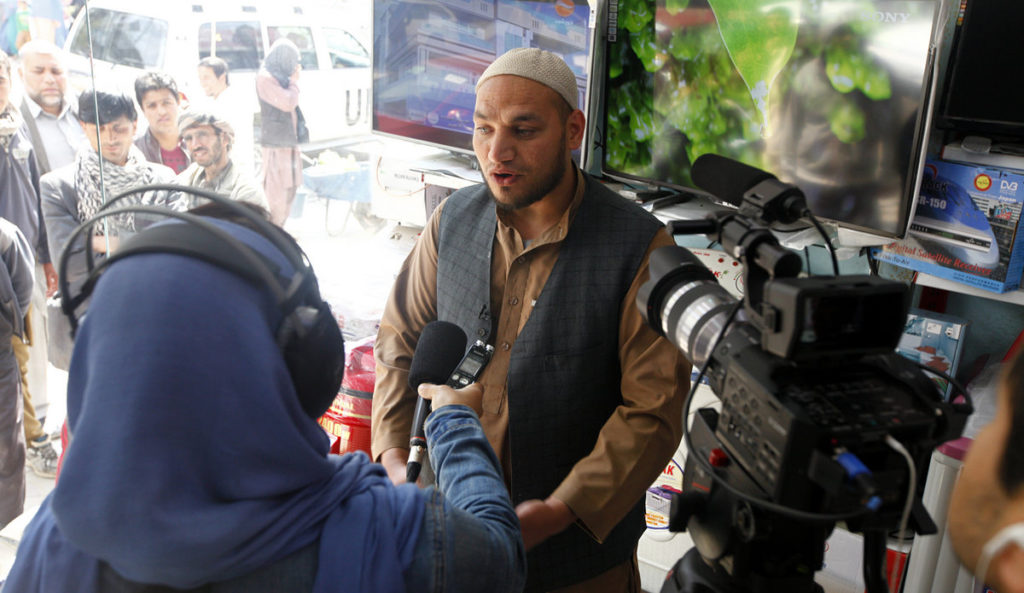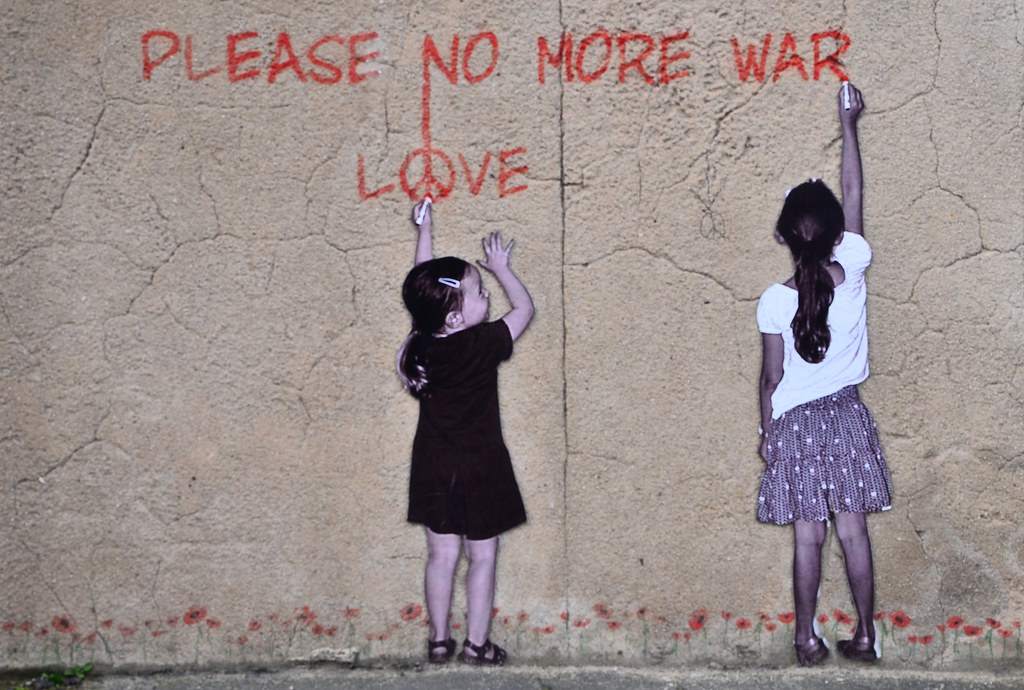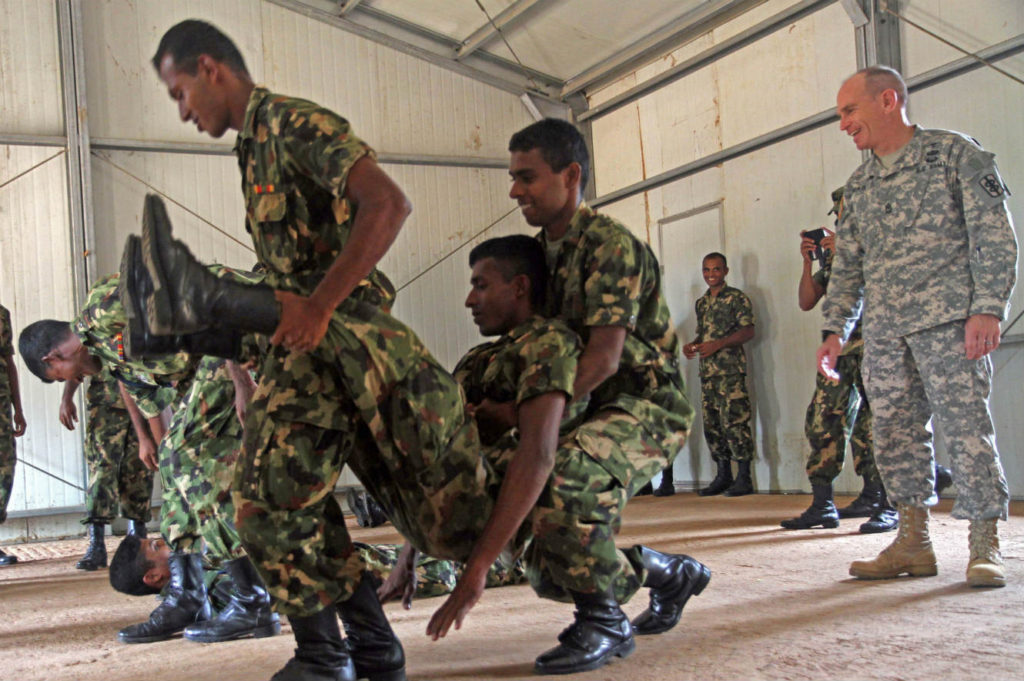The business of war
Saddam was captured by regular troops. However, underlying the tactical and strategic operations in Iraq, has been and is an emerging new generation of US military tactics that relies increasingly on sophisticated information and communication technologies, which are not only developed and produced by the civilian industry, but can in fact only be maintained and operated by civilian experts.
Sudan’s 50 Year War
Ferdinand Katendeko looks at the underpinnings of the conflict in Sudan, which has taken over four and half million lives, and asks what changes of attitude amongst the combatants are necessary for peace to take root in this conflict.
You can’t make a deal with the dead
You cannot negotiate with dead men. MI6 and, eventually, the British government recognised that a political struggle requires a political solution. However brutal the IRA’s day-to-day terrorism, a strong, coherent republican leadership was in the strategic interest of the British state.
Post tenebras lux
The Burundi war is sordid like all the other wars in the world. For this reason it must not be singled out. Burundi is plunged into mourning by a violence that the international community, out of ignorance or oversimplification, tends to simply portray as an ethnic war between Hutus and Tutsis, fanned by ancestral antagonism between these two communities. It’s utterly wrong. The Burundi war is complex and frightfully modern. It is a war for trifling political power and control of the resources. It simply uses the most fallacious pretexts (ethnic group, region, political affiliation) to disguise its true face. In so doing, it utterly resembles so many other armed conflicts in the world
Cowboy Stupid
Matthew Norton defends bad grammar and argues against stupidity.
The Marshall Plan Mystique
The war in Iraq had not even begun when public discussion began on the rebuilding of Iraq by the US. Is this to be another “not the Marshall plan”? David Ekbladh calls for rethinking the approach to so-called Marshall Plans.
The Day War Broke Out
News editor, Joseph Schumacher, checks the editorials around the world on THE DAY WAR BROKE OUT.
Peace Journalism: A Needed, Desirable and Practicable Reform

The idea of peace journalism has attracted its share of critiques and controversies, but as Vanessa Bassil argues, it still offers a much needed and practical, peace-oriented perspective from which media can be analysed and produced.
War is a Remix: Organized violence from blood sacrifice to cyberattacks

This article applies the concept of remix from media and communication studies to an analysis of the history and transformation of war. From this perspective, each iteration of war can be seen to reference and recombine existing concepts, strategies, and tactics, a process which seems to correspond with the parallel development of technology.
Under the Guise of Protecting Human Rights and Establishing Democracy: US Intervention in Sri Lanka

The paper argues that strong US intervention in Sri Lanka after the end of the island’s armed conflict in 2009 is not based on altruistic efforts to protect human rights as presented in mainstream sources, but stems from deepening US geopolitical and ideological interests in the Indian Ocean region. Keywords: Sri Lanka-US relations, US foreign policy, North-South relations, Neoliberal policy, interventionism, Indian Ocean, US-China relations
